Updated August 17, 2023
Despite the tremendous stigma attached to addiction in the United States, substance abuse has skyrocketed due to the increasing ease with which drugs and alcohol can be acquired. Alcohol delivery services and doctor-shopped opioid prescriptions are two examples of how this “convenience culture” is enabling unhealthy drug and alcohol use.
What is Convenience Culture?
Convenience is essentially the ability to pursue something with little to no obstacles standing in the way. As people in America have perhaps the most access to technology and information, convenience culture has become rather dangerous, but a norm. Technology is being used to allow people to get what they want whenever they want.
While this may be good for such things as access to medical care, food, shelter, and education, cigarettes and alcohol can be quickly obtained as well. Internet and social media also allow for people to get in quick contact with individuals who will supply their addiction. Transportation permits for those substances to be reached. All of these elements together are a recipe for disaster. Anyone who wants to try a drug can get it quickly. Anyone who wants to sustain usage can also do so.
When substances are so available and users are accustomed to getting them at will, what does this do for addiction treatment? Often times people have to experience withdrawal and cravings to realize they have a problem. These two experiences occur when a substance has not been abused for a period of time. Some individuals trick their minds into believing that they are highly functioning users and the high version of themselves is not so different from sober them. It takes being off the substance to put the extent of the addiction into perspective. After doing so, addiction treatment usually begins. However, convenience prevents that from happening.
DoorDash Alcohol
A prime example of a readily-available service that exacerbates addiction: DoorDash alcohol delivery. The marketing promise is irresistible. Shop Alcohol: Get the beer, liquor, and wine you want with fast delivery. If you need it fast, order online.
People sign up for these services to save their profiles and preferences. This makes it more convenient to re-order favorites. There’s no need to think about what you want. Enroll in promotional offers or the company’s fast pass delivery and save money. What’s not to like?
Again, for anyone with an addiction, alcohol delivery services can thwart recovery and precipitate a relapse.
Opioids on Demand
One major example of how convenience culture is affecting rehabilitation is with the current opioid crisis. More than 115 people lose their lives daily from opioid overdose. The Centers for Disease Control and Prevention have estimated that this addiction costs $78.5 billion dollars annually. This figure factors in the costs of healthcare, lost productivity, addiction treatment, and criminal justice inference, but only concerns prescription opioid abuse so the total numbers will be higher.
The current situation started in the late 1990s when pharmaceutical companies swore opioids were not addictive and so began mass producing them so more people could get access. Overdose rates peaked in 2015 when 33,000 citizens died. By this time, heroin and fentanyl had also become widely available, making such potent drugs packaged in huge supplies.
Convenience Impeding Addiction Treatment
Doctor shopping is one of the reasons why getting opioids is so convenient. It is the practice of consulting multiple healthcare professionals either during a single illness or to get prescription medications illegally. For a while this has continued because doctors are freely prescribing painkillers to their patients without any care for how opioid abuse could develop as a result. Those painkillers are so abundant that they can be simply acquired with a prescription. Despite studies showing how powerful and opioids are, they still killed 28,000 in 2014 and people continue to use them. The lack of difficulty is enough to make users get the drug since they are chasing that euphoric sensation at all cost since their bodies have become used to it.
Opioids are also emblematic of convenience culture because of all the different varieties that they come in. The most commonly used ones are the following:
- Heroin (opiate)
- Opium (opiate)
- Codeine (opiate)
- Thebaine (opiate)
- Morphine (opiate)
- Fentanyl
- Buprenorphine
- Hydrocodone
- Methadone
- Oxycodone
- Percocet
- OxyContin
Giving patients and potential addicts many options is not wise. Drugs are much easier to abuse when they come in different shapes and sizes and can hide behind the manufacturer’s name. Dangerous drugs can hide behind colorful boxes and brand logos that the average person would not recognize. This allows for addicts to sustain their addiction in public and avoid the stigma.
Opioids are also convenient because people in desperation know how to go and see different providers. They know doctors have failed to the take the initiative and look into their medical backgrounds.Addicts will completely fabricate symptoms or leave out information on forms and during interviews or meetings as to make sure they get the prescription. Some choose doctors they know are particularly invested in opioid production and could possibly getting a cut from recommending the drug. The 2011 Government Accountability Office found that 170,000 Medicare patients were found to have utilized doctor shopping, an illegal practice, in 2008.
How to Practice Self-Control
Self-control is essential in resisting convenience culture, especially regarding how easy it is to get alcohol delivery. It is challenging, especially since, for those with addiction, alcohol delivery services keep multiplying. They’re quick, inexpensive, convenient, and discreet. Not only is it on-demand, but alcohol delivery fuels addiction and makes relapse more likely for someone battling cravings.
Self-Control Tips for Alcohol Delivery
Here’s where self-restraint and discipline come in handy. Yet, anyone with alcohol addiction can find it extraordinarily challenging to withstand the temptation to drink when alcohol delivery beckons. All good intentions are soon forgotten, so exercising some self-control tips may help.
- Disable profiles on alcohol delivery service sites like DoorDash alcohol.
- Delete credit card information on any site that offers alcohol delivery. This includes food delivery services and restaurants offering home delivery of food and alcohol.
- Never sign up for a new service that promises fast, free delivery — whether it’s food or alcohol.
- When ads on TV, radio, billboards, or online mention free food and drink delivery, change the channel, look away, or go to another site.
- Disable pop-ups on the computer so you’re not bombarded with liquor delivery service ads (based on browsing and past purchase).
- Clear the browser cache to eliminate past searches for alcohol delivery.
- Delete DoorDash and other alcohol delivery services from phone contacts.
- Addiction alcohol delivery may be too demanding to resist on your own. Before calling or ordering alcohol online, call a trusted support contact or sponsor to help you through this stage.
- Distract yourself with physical exercise, doing chores, fixing something broken, working puzzles, or engaging in activities that require intense concentration.
- Visit a friend or have family or friends come over. When you have supportive people around you, you’ll find it easier to exercise self-control.
How to Address On-Demand Opioids
Doctors need to check the history of their patient’s drug usage in a database as well as whether or not they are combining drugs. These databases are called prescription monitoring programs and have the potential to make drugs and alcohol not so easily found or prescribed. However, providers do not assess whether people are at a risk of opioid abuse and so addicts can easily get a prescription from each center they visit. Many states are now beginning to pass legislation to reduce the quantity of opioids that can be prescribed at one time for pain relief.
There are some laws even restricting the usage of opioids when dealing with chronic pain due to the disastrous consequences. These laws will help to decrease both rates of over-prescription and opioid abuse as fewer people will have access to huge amounts and doctors will feel pressure when recommending them due to increased social awareness about their dangers. Some of these doctors are also going to take courses to learn about the effects of opioids on the public.
No matter what method is used, substances need to be less convenient. There should be less of them produced, less in circulation, less being prescribed, and they should not be as addictive.
Contact Sunlight Recovery
More than 300,000 individuals in America have passed away from opioid overdose since 2000. To bring awareness to mental health and addiction treatment, President Donald J. Trump declared the opioid crisis a national Public Health Emergency under federal law on October 26th, 2017. The way drugs and alcohol today are so accessible, many people are able to find themselves becoming addicts that were never introduced to substances previously. The spread of illegal substances is starting to affect all of us in little ways.
It is important that drugs like opiates only be recommended for the most serious of cases. In the meantime, far less common and less potent medications that do the same thing as opiates but in minimal form would be well suited for treatment. And this goes for all drug classes and medical treatments. If you or someone you know wants to find out more about convenience culture and addiction treatment, please contact Sunlight Recovery for assistance.


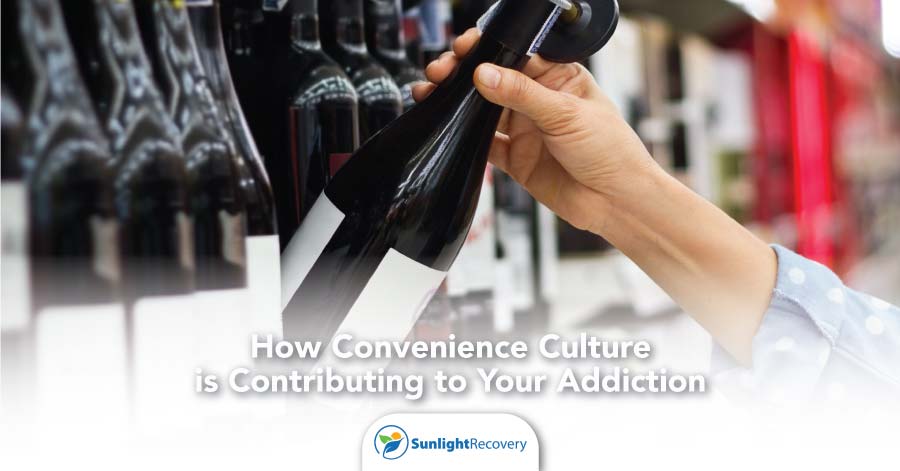
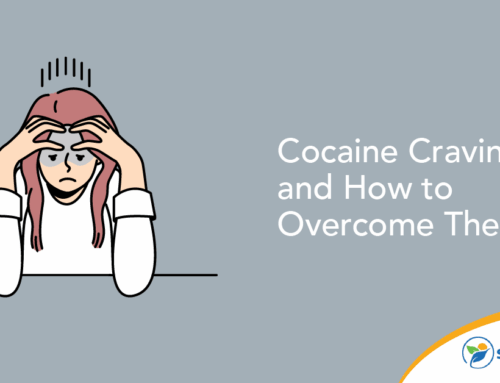
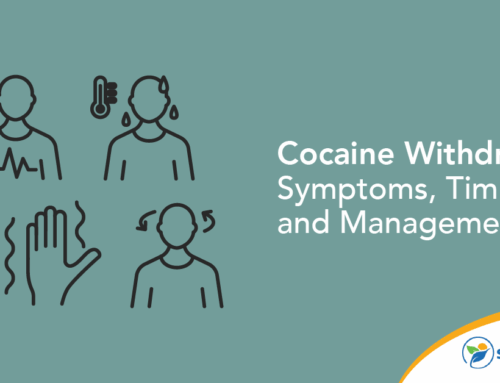
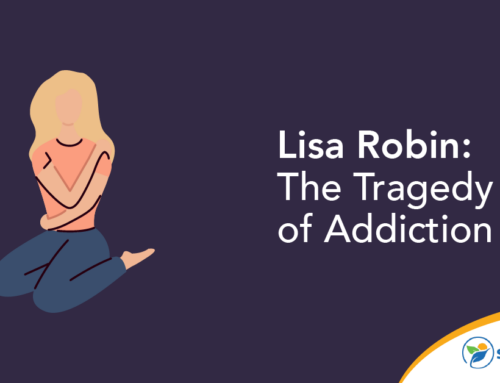
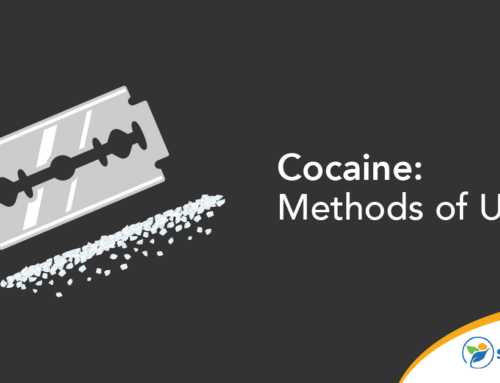

Leave A Comment